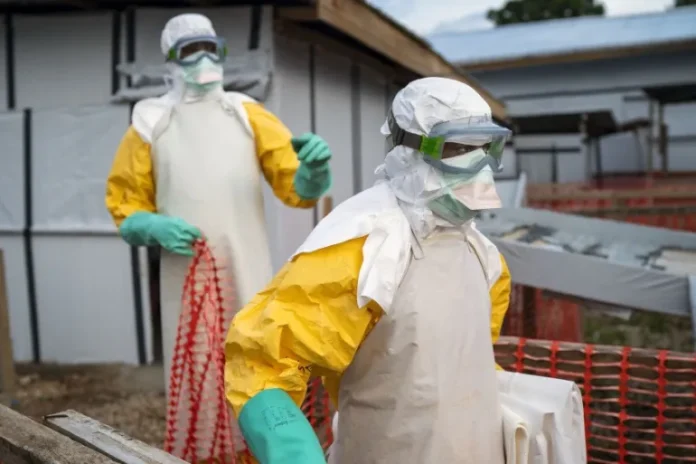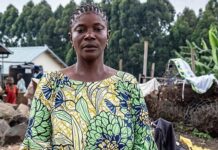A mysterious viral disease has emerged in Western Democratic Republic of the Congo (DRC), claiming at least 53 lives in recent weeks.
Health officials and the World Health Organization (WHO) have expressed alarm over the rapid progression of symptoms, with deaths occurring within 48 hours of onset.
The first cases were reported in January in Boloko village, where three children who had eaten a dead bat succumbed to fever, chills, and headaches. The disease has since spread to other villages, with WHO confirming 431 recorded cases by mid-February.
Symptoms resemble viral hemorrhagic fevers like Ebola or Marburg, yet preliminary tests have ruled out these known threats. Experts fear the disease could be zoonotic, transmitted from animals to humans, as past outbreaks of deadly viruses in the region have been linked to bushmeat consumption.
DRC’s fragile healthcare infrastructure, worsened by ongoing conflict, is hampering response efforts. Authorities have set up isolation units and deployed health workers to affected areas. However, the remoteness of the outbreak sites is a major challenge.
With no clear cause or treatment identified, the WHO warns of further fatalities. The global health community remains on high alert, fearing the emergence of another deadly epidemic in Africa.



















